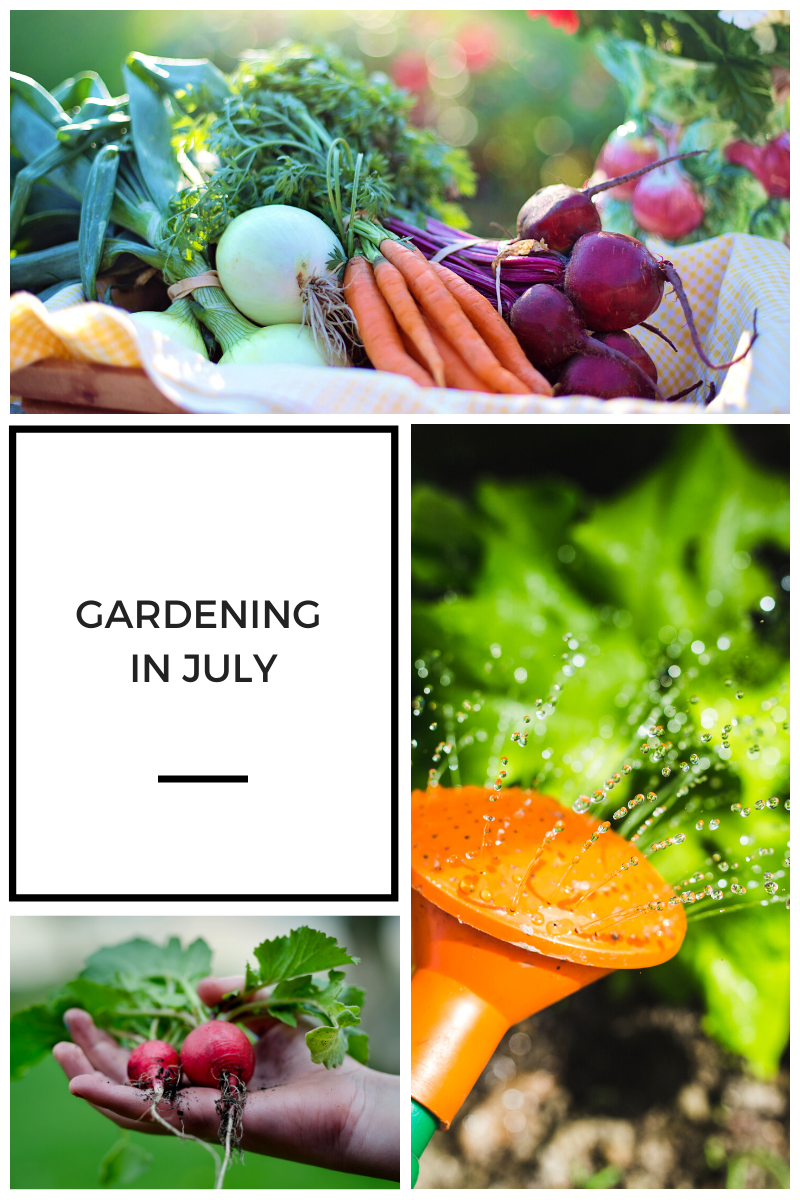
Since COVID-19 is still forcing most of us to limit our time away from home and each other, many people have turned to gardening as a pastime. Growing your own fruits and vegetables has many benefits beyond producing healthy food.
Gardening is good for you physically— Growing plants requires you to move. When you’re digging in the soil, pulling up weeds, installing seedlings or watering plants, you are getting vital exercise. In addition, spending some time outdoors produces essential Vitamin D, a nutrient that is important for strong bones.
Gardening is good for your mental well being— When your mind is focused on your tomato plants, you are not likely obsessing about the barrage of bad news you hear every day. Being outdoors helps to fend off cabin fever, and when you’re able to pick your first yield of cucumbers, you have an uplifting feeling of accomplishment.
Gardening is good for kids— Not only can you use gardening to teach science lessons, but you have opportunities to teach them math lessons. Plus they reap the same benefits you do: occupy their minds, exercise their bodies and give them a feeling of accomplishment.
Gardening is good for your community— If your garden thrives, you may have enough produce to share with your neighbors. Also, you are practicing good social distancing by spending less time in the grocery store. And speaking of grocery stores, gardening will also save you money.
Although it may be late for some summer produce, you still have plenty of time to start a garden that will yield harvests for several months to come. Before you get started, make sure you consider these questions.
- Do you have space for a garden? If you don’t have space in your yard, maybe a container garden would be a good option for you. There are some plants that you can even grow indoors, like some herbs.
- Do you have adequate sunlight for growing plants? Keep in mind, different plants have different light requirements, but you need at least three hours of sun to grow most things..
- Is your soil ready for planting? If you’re planting in the ground, you’ll need a soil test to determine your soil‘s pH and fertility. This will help you choose the right additives (i.e., lime and fertilizer) to prepare the soil for optimum plant growth. You can have your soil tested by sending a sample to your local county Cooperative Extension Center. Or, you can pick up a test kit at your local hardware store or gardening center.
- Do you have enough time for gardening? Plants require maintenance and maintenance takes time. Even low-maintenance plants will require regular watering once they’re established, so make sure you have enough time to give your plants the TLC they need to keep them healthy.
- Do you have an a water source for the area? If you want your plants to thrive, you must water them at least once a day, more than once when temperatures soar in the summertime.
Here are some vegetables you can plant in July.
- Plant bean and carrot seeds now.
- Plant tomato seeds for the fall or transplant them to harvest soon.
- Through August, start growing the following from seeds indoors: collards, spinach, cabbage, broccoli and cauliflower.
- Set out collard and Brussel sprout plants now.
If you need help, Green Gene’s is here to answer your questions, and if you need actual help in the garden, please give us a call.
Stay safe everyone!
